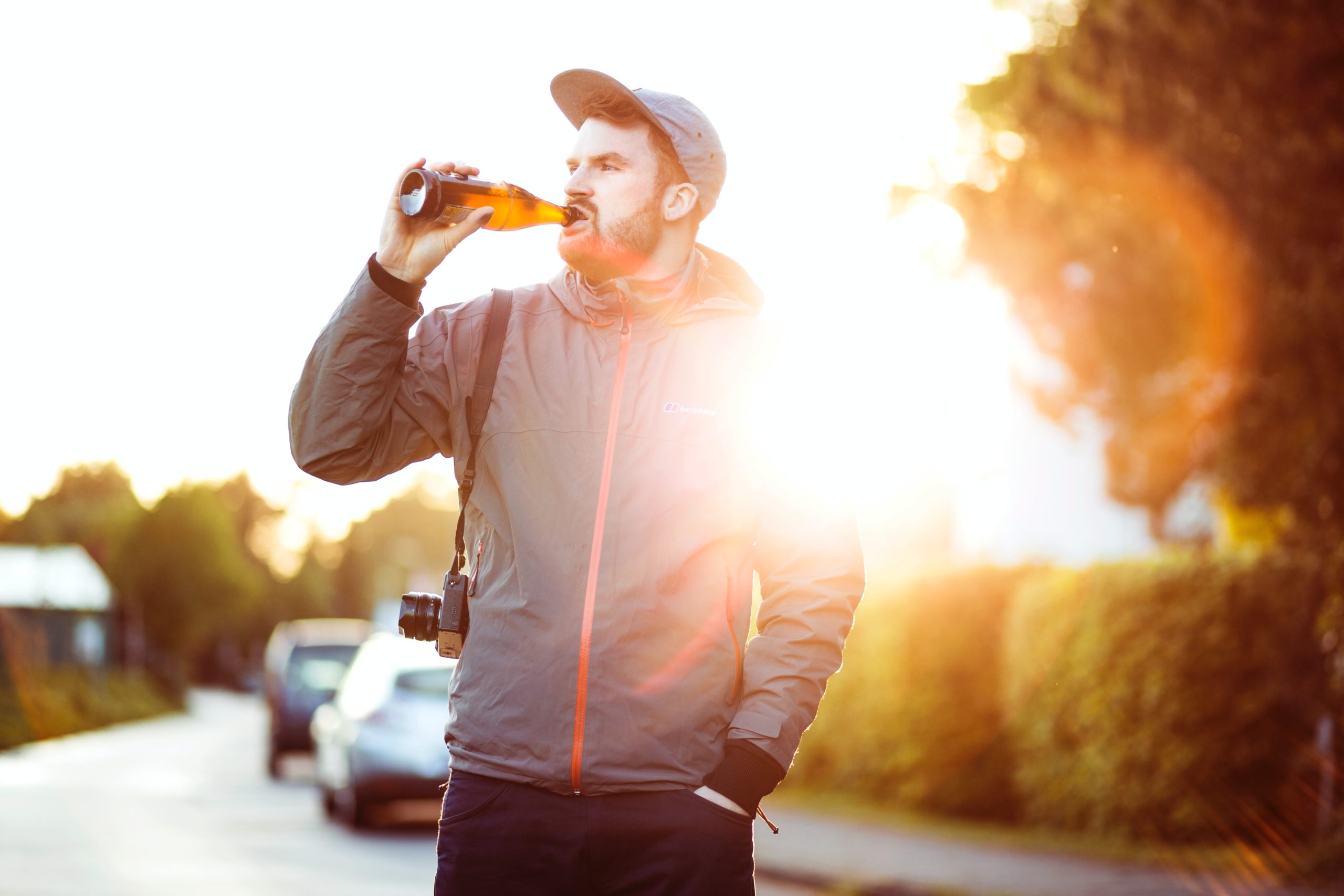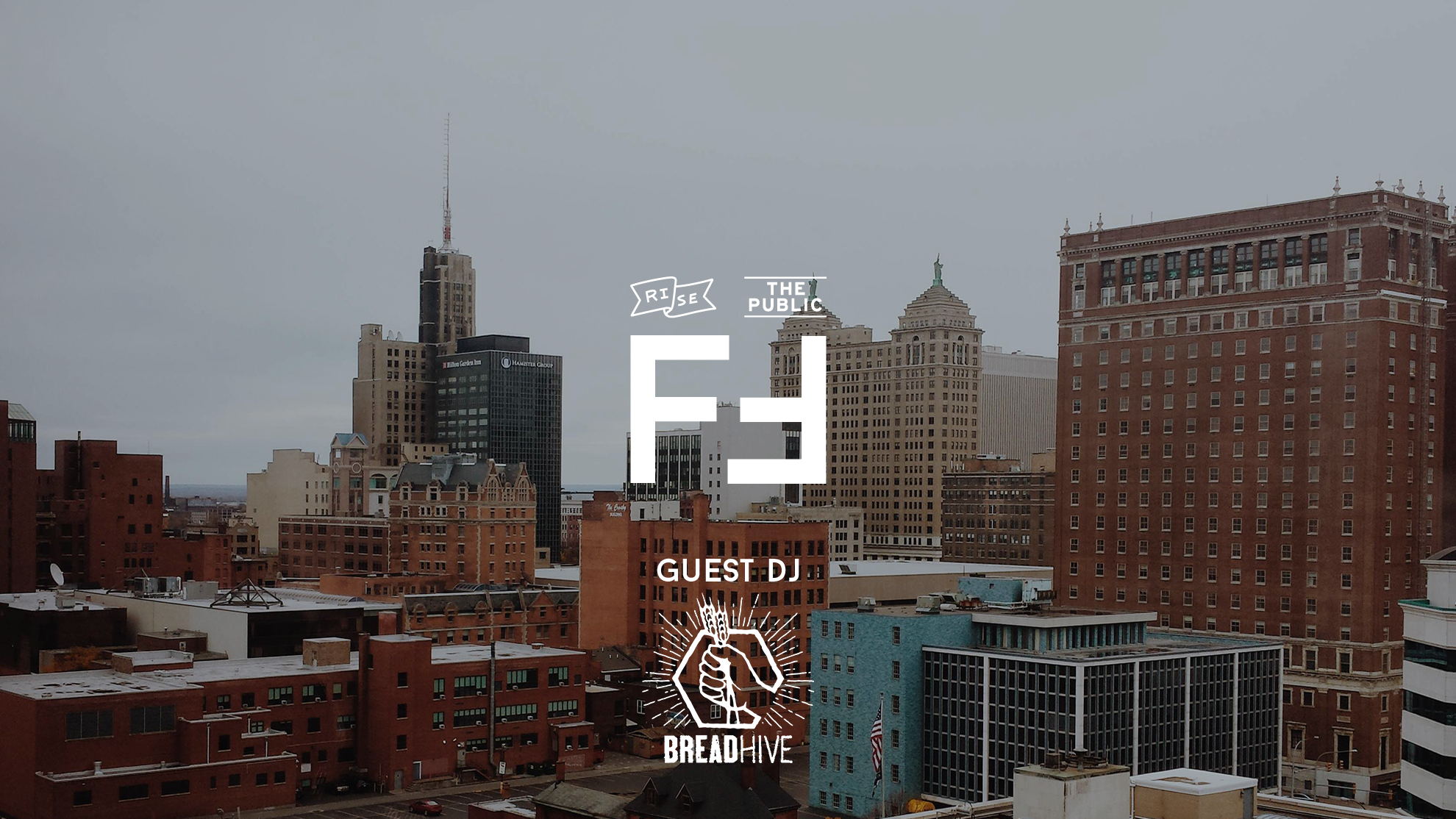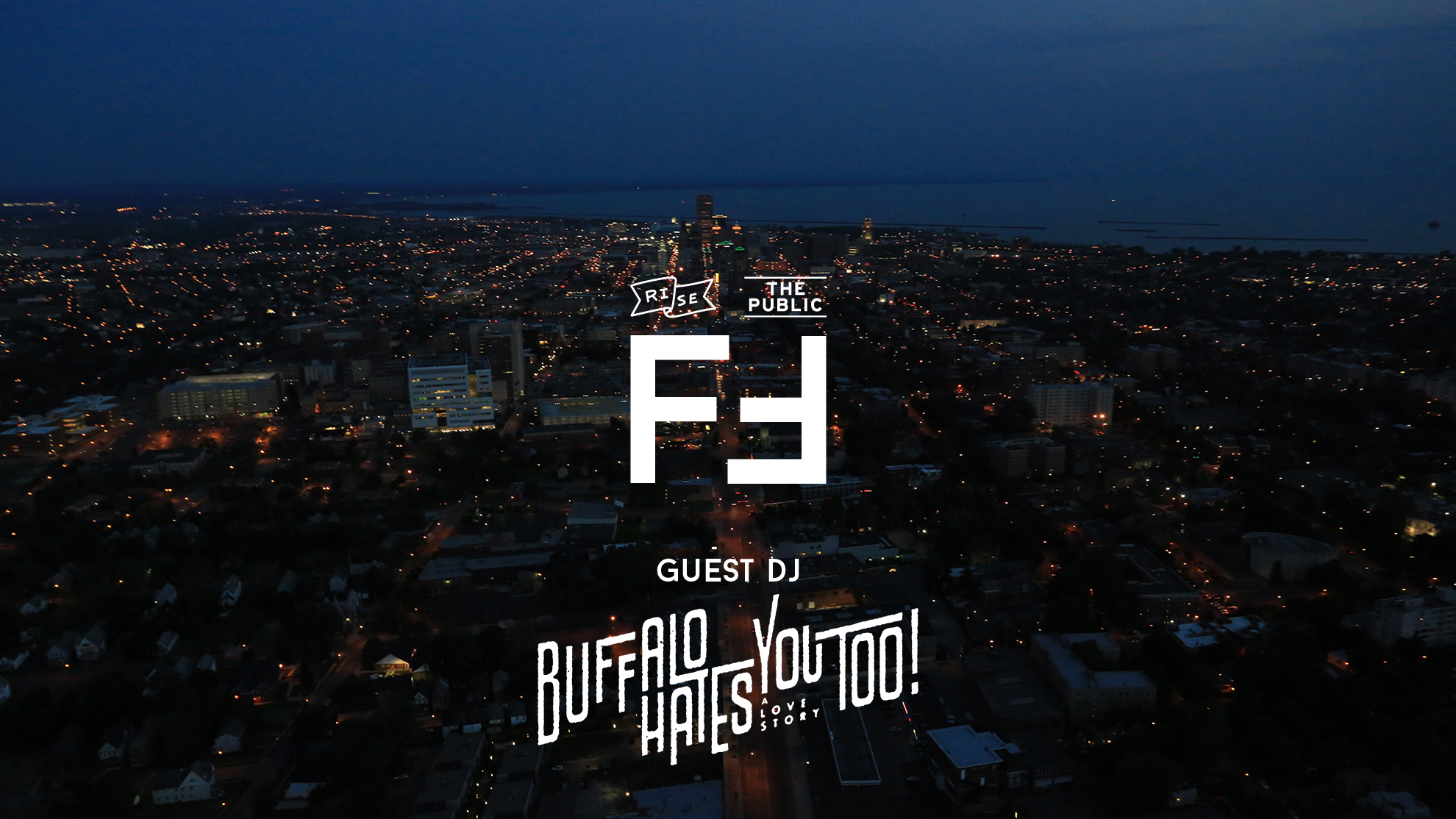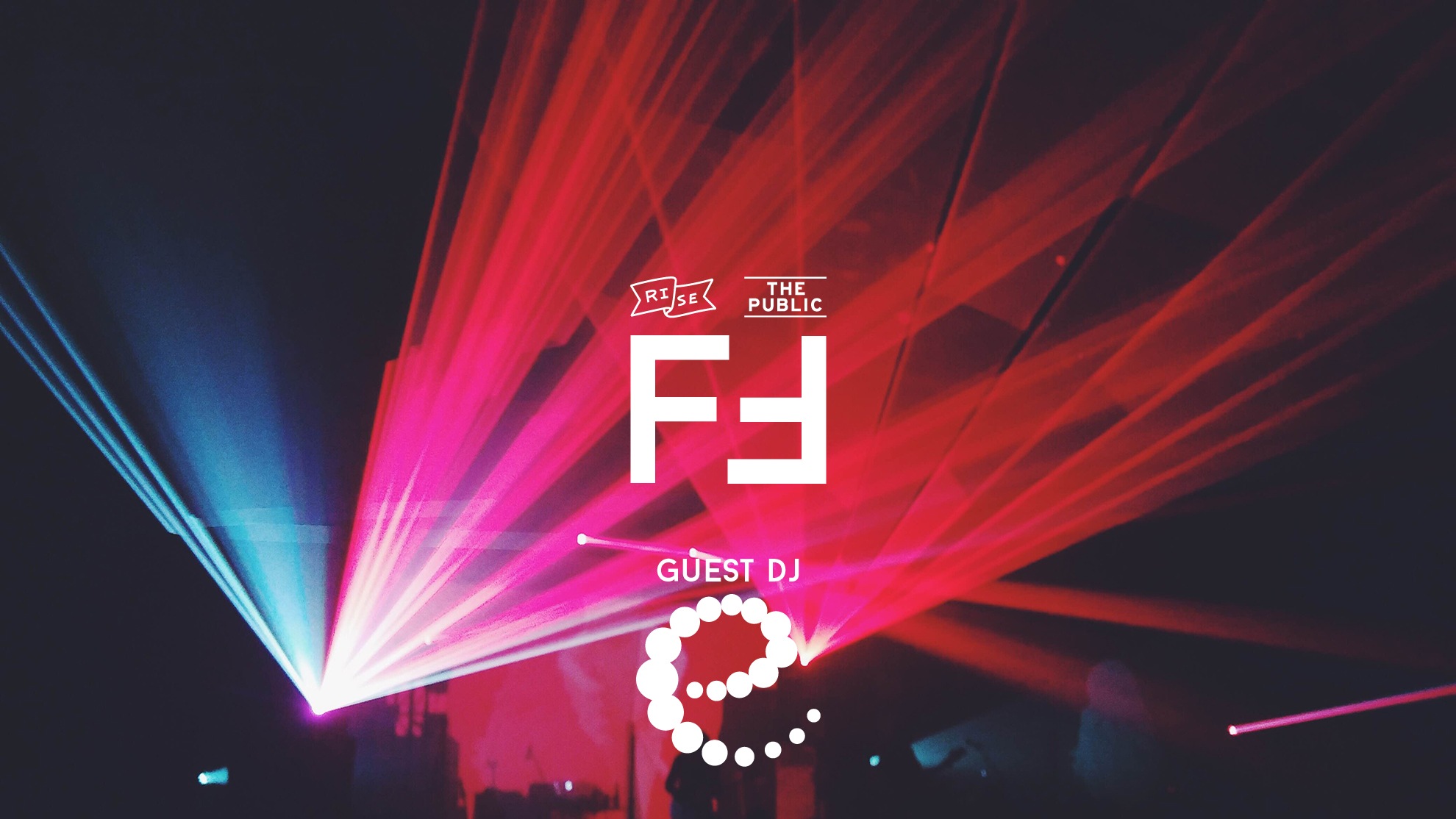By Aidan Ryan
Cover Image Lea Böhland
Buffalonians should be encouraged by signs that the Common Council is seriously considering striking Chapter 69 of the City Code, the law that criminalizes people who consume alcohol in public. The outdated and selectively enforced law—which data show disproportionately affects Black people, residents of lower-income neighborhoods, and people suffering from mental health and substance abuse issues—does not reflect the present-day values of the people of the City of Buffalo, nor any contemporary conception of the public good. Removing it would reduce harm and discrimination and bring Buffalo out of the Dark Ages of “broken windows” law enforcement tactics. At the same time, repeal right now would benefit business owners and business districts impacted by the pandemic. The council Legislation Committee heard from speakers (including myself) on the issue in October and most recently on December 29. Now, the repeal effort just needs a champion from within the council ranks.
Case Study in Selective Enforcement
The “open container” law is as widely disregarded by the people as it is selectively enforced by the city’s authorities. One doesn’t need to wait for St. Patrick’s Day or Dyngus Day to see public drinking: On any sunny summer day in Delaware Park or along Bidwell Parkway you will find residents of the city enjoying bottles of wine, beer, ciders, and seltzers in the open, unmolested.
If there was any perception that a majority of residents really believed public consumption of alcohol is criminal, this has been dispelled by the COVID-19 pandemic: As early as April 2020, even as snow continued to fall over Western New York, neighbors were gathering in driveways and on sidewalks discussing, at a distance, the changes unfolding around them—beers in hand. “Socially distanced beers” in driveways, on medians, and in public parks became commonplace.
There is one thing in common about these images, though: They are predominantly white. This is in contrast with arrest data related to “open container” violations. Of 39 individuals arrested for Chapter 69 violations in 2018 and 2019, 32 were Black. None of the arrests occurred in the city’s higher-income zip codes.
See more on this week’s Rise Report
Backwards “Broken Windows” Thinking: How We Got Here
If a selectively enforced law impacts one group of people more than others, it’s working as intended.
There is reason to believe that selective enforcement was, if not the explicit intention, then at least the implicit understanding of city councilmembers when they created this law in 1974. It was the era of “law and order,” especially in New York State. When New York City Mayor Ed Koch signed legislation outlawing public consumption in his city just three years after the passage of the statute in Buffalo, Democratic Councilman Frederick E. Samuel, a sponsor, confirmed as much: “We do not recklessly expect the police to give a summons to a Con Ed worker having a beer with his lunch,” he told the New York Times. “This is for those young hoodlums with wine bottles who harass our women and intimidate our senior citizens.” Clearly lawmakers intended from the beginning for police to enforce “open container” statutes selectively—and from the beginning this selective enforcement has been blatantly racialized.
Criminalizing Open Containers: Redundant in Theory, Racist in Practice
To Mr. Samuel’s point, there are behaviors associated with open containers that residents and business owners lament: violence, vandalism, verbal harassment, and impaired driving, for example. But there are already laws addressing these behaviors. To criminalize “open containers,” if the concern is really with these other behaviors, is not only redundant—it is an egregious overreach of government, an example of the puritan past that is at the root of so much of our nation’s curious prudishness and knee-jerk intolerance.
Far from targeting genuinely criminal behavior, the law creates a presumption of guilt by the mere display of an open container, allowing police to question and ultimately arrest individuals. As we reconsider the role of law enforcement and its relationship with communities in our city, we should be looking for opportunities to reduce needless adversarial interactions between residents and police. Removing the “presumption of guilt” that this law creates would, the data suggest, lower the number of adversarial interactions between police and residents who are predominantly Black and people of color. It would also remove the impetus for police to intervene in situations better suited to mental health professionals, as we are at last coming to understand. Finally, removing the blatant inequality created by selective enforcement of this law will be necessary for establishing trust between law enforcement and all of the diverse communities that constitute our city.
The Business Case for Repeal
You don’t need to look as far as New Orleans to find a municipality that benefits from a more relaxed approach to public drinking. There is no New York State law against public consumption or open containers. East Aurora is an example of a nearby municipality where residents can peacefully enjoy public consumption. The benefits—to both residents and businesses—are well-known.
Public consumption of alcohol is legal in virtually all of Europe, as well as in Japan, China, Hong Kong, New Zealand, Brazil, and numerous other developed countries and tourist destinations around the world. It is legal in many “lifestyle markets” and tourist and entertainment districts across the U.S., from Beale Street to the Las Vegas Strip to Hood River, Oregon.
Aside from minimizing harm to numerous residents of the city and removing the statutory ambiguity of a law so selectively enforced, there are also economic benefits that would accrue from repeal. Permanently allowing restaurants to sell “takeout” alcohol would significantly aid in the long and difficult recovery from the COVID-19 pandemic still ahead of us.
New York City decriminalized public consumption of alcohol in Manhattan in 2016. In a public statement, Mayor De Blasio, the commissioner of police, and the Manhattan DA said the move was aimed at “ensuring courts are not unnecessarily bogged down with minor offenses committed by those who pose no threat to public safety” (emphasis added). We should go further than Manhattan’s, setting an example in New York State and in the nation by repealing the law entirely.
Call for Repeal Has No Opponents
Good government groups, social justice groups, and business groups have taken up and echoed the call for repeal.
Over the summer of 2020, the Partnership for the Public Good submitted an open letter to the Common Council, citing the organization’s troves of data on law enforcement interactions and discriminatory enforcement. “The racial disparities evident in the Buffalo Police Department’s enforcement of the open container law align with policing inconsistencies across the City of
Buffalo that harm communities of color,” PPG’s Tanvier peart wrote. “We echo calls to revise open container laws and encourage Buffalo Common Council to decriminalize the public consumption of alcoholic beverages, in step with New York City and other jurisdictions. As recent protests and advocacy has made clear, policing, arrests, and enforcement are not the solution for the small percentage of residents with substance use problems.”
Then, in late fall 2020, Legal Aid Buffalo, the local public defender’s bureau, joined the effort. “In the months following the police brutality protests this summer, Buffalo, like many cities, have begun to reconsider the ways that the criminal justice system disparately impacts marginalized communities. Part of this process involves a candid review of local police policies and practices that disproportionally target our black and brown neighborhoods,” wrote Kevin Stadelmier, Chief Attorney of Legal Aid’s Criminal Defense Unit. “These arrests should be examined to determine if they are actually serving a legitimate purpose—like public safety—or if they are really just a pretextual tool that gives police officers free rein to target anyone they’d like, regardless of whether an actual disturbance or danger exists. The first local ordinance that should be seriously considered for repeal is Buffalo’s Open Container law.”
In December 2020, Buffalo News columnist Rod Watson picked up the call for repeal, arguing it should be “an open and shut case.”
Since then, representatives of Free The People Coalition, Showing Up for Racial Justice (SURJ) Buffalo, the Elmwood Village Association, and the Hertel Business Association have signaled support for repeal. Notably—if unsurprisingly—no opponents of repeal have raised their voices.
Next Steps: Common Council Must Act
Now, the repeal effort lies in the hands of the Common Council of the City of Buffalo. All that is required for repeal is for a councilmember to draft and submit repeal legislation. But to date, no champion of repeal has stepped forward from the Council ranks.
Clearly, Buffalonians demand better from our councilmembers. Buffalonians demand a champion of repeal.
People in MLK Park ought to enjoy the same liberties as the people in Delaware Park. Residents celebrating Juneteenth ought to enjoy the same freedoms as the brazen revelers on St. Patrick’s Day. All people in the city of Buffalo should be able to enjoy the consumption of alcoholic beverages openly and in public, at any time, without fear of molestation or arrest. The remedy is simple, and we must remain hopeful that the Council and the mayor will act before we have advanced too far into 2021.




